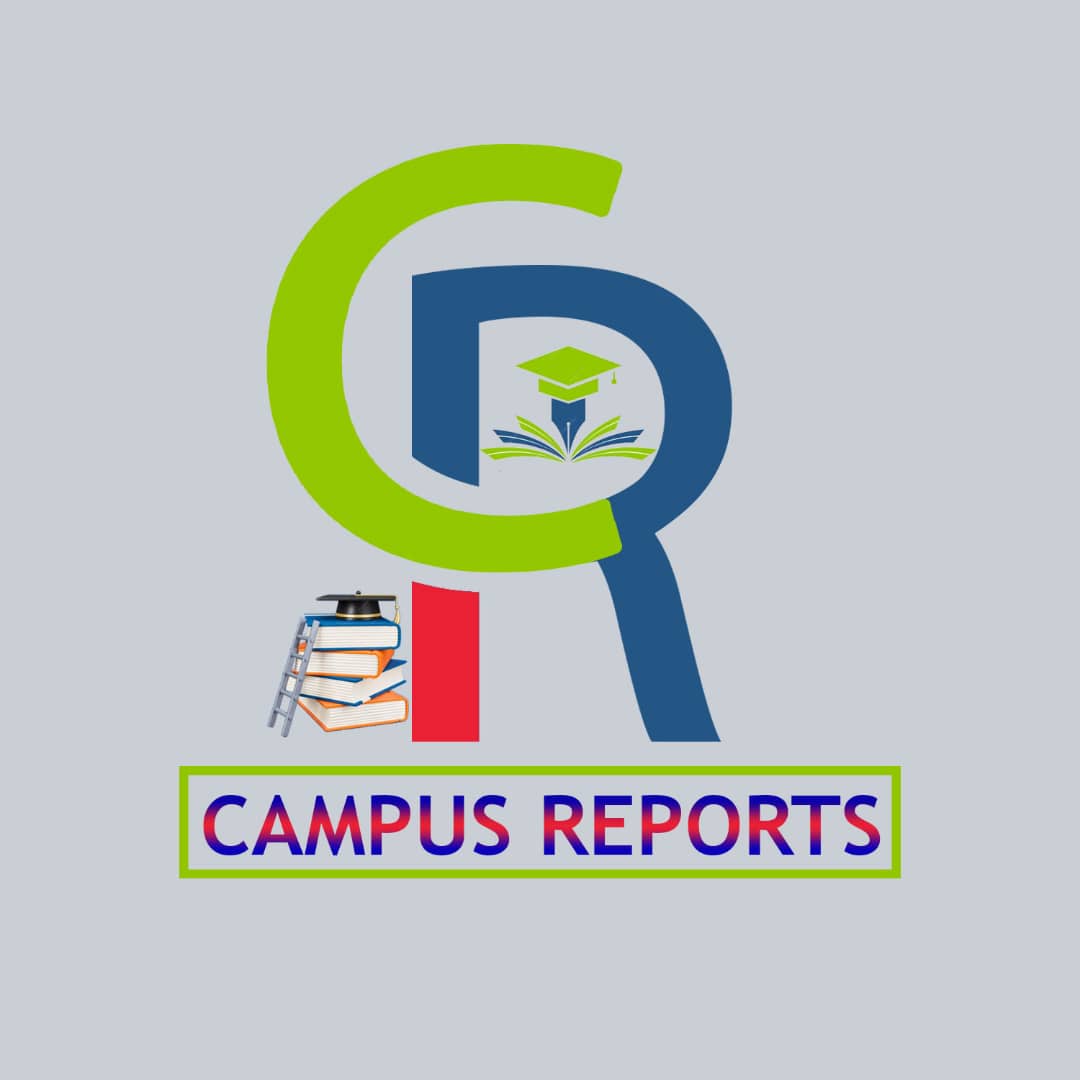Public universities may be in for tough times as lecturers continue to leave the system in droves for greener pastures abroad, thereby putting the future of Nigeria’s tertiary education in jeopardy.
The looming crisis, if not checked, would not only lead to acute shortage of teaching staff, but also affect quality of teaching in the institutions.
Already, about 50 per cent of lecturers have resigned from the various universities, while others who are yet to leave are also warming up. Factors fuelling the exodus, according to investigation, include the desire for better working conditions, career fulfillment, insecurity, poor salaries, inadequate funding, non-payment of outstanding salaries of university teachers, which accumulated during the period of strike by Academic Staff Union of Universities (ASUU), as well as harsh economy, among others.
Recent data gathered showed that as much as 80 per cent of the remaining workers are preparing to leave if the current situation persists.
Although President Bola Ahmed Tinubu recently approved the implementation of 35 per cent and 23 per cent of salary increment for staff of all federal tertiary institutions, the increment does not appear to dissuade many from considering alternatives.
This is as the Academic Staff Union of Universities (ASUU) has described the government’s gesture as a far cry from what the university lecturers were negotiating for.
In a letter dated September 14, and addressed to the Minister of Education, Professor Tahir Mamman, the Chief Executive Officer of the Salaries, Income and Wages Commission, Ekpo U. Nta, said the federal government had issued a circular on the implementation of the adjusted salary structure.
After the eight-month strike by ASUU and government’s refusal to pay them for the period they were on strike, many lecturers relocated abroad, either to seek lecturing jobs or other vocations in foreign countries.
Investigations by The Guardian showed that the institutions, particularly University of Ibadan (UI), University of Lagos (UNILAG), University of Ilorin (UNILORIN), University of Benin (UNIBEN), Adekunle Ajasin University, Akungba- Akoko (AAUA), Ondo State; University of Uyo, Federal University, Otuoke; Ahmadu Bello University (ABU), Zaria; Federal University of Petroleum Resources, Effurun (FUPRE); Ambrose Alli University (AAU), Ekpoma; and Kaduna State University (KASU), among others, have lost several lecturers, while those remaining are planning to leave as well in search of greener pastures abroad.
A lecturer in UNILAG, who pleaded anonymity, said about 70 per cent of the institution’s best lecturers have resigned from their jobs, following the government’s failure to tackle the numerous challenges confronting the sub-sector.
“Currently, more than 70 per cent of bright and promising young academics retained by the university through mentorship have all left the country for greener pastures due to the poor conditions of service in Nigeria. Those remaining are on the verge of leaving. This is unfortunate and a shame,’’ he said.
Last month, UNILAG Vice Chancellor, Prof Folashade Ogunsola, said five lecturers resigned from the university, and warned that the situation may worsen if issues affecting university education are not addressed.
The situation is the same at UI, as up to 75 per cent of teaching staff have resigned and gone abroad. The Vice Chancellor, Prof. Kayode Adebowale, at the induction ceremony for the Bachelor of Medicine, Bachelor of Surgery (MBBS), cited the case of a particular department, where out of 13 lecturers, nine resigned and left the country.
According to him, these lecturers were not going abroad to come back, but to stay. Adebowale, admitted that the massive exodus of professionals in Nigeria has left a great vacuum in the sub sector, describing it as one of the headaches of the Nigerian university system.
He said in time past, the VC could employ lecturers citing his appointment as lecturer, which happened within 24 hours, but the situation has changed for the worse.
“To employ a single lecturer and put the lecturer on the payroll, you have to go through seven MDAs, moving from one place to another,” he stated.
An official of the university who spoke in similar vein, said to make up for those who have left, non-teaching staff who are done with their doctoral programmes are being converted to academic cadre.
The source, who pleaded anonymity, said: “The situation on campus is worrisome, lecturers are resigning everyday, all those sent abroad for their PhDs are not coming back. The morale is low; the job is no longer attractive to lecturers. The facilities are not there, salaries are being owed and living conditions of both teaching and non-teaching staff is very poor.”
At AAUA, it was learnt that about 45 per cent of lecturers, drawn from the various departments, had already left for overseas, while many others are planning to leave.
At the University of Ilorin, an official, who pleaded anonymity, confirmed that about 40 per cent of lecturers and some non-teaching staff have left the country for greener pastures.
It was also learnt that about 50 per cent of lecturers at the Obafemi Awolowo University (OAU), Ile-Ife; Federal University of Agriculture, Abeokuta (FUNAAB), and the Olabisi Onabanjo University (OOU), Ago-Iwoye, had similarly resigned and relocated abroad.
An official of ASUU at the University of Uyo, Dr Happiness Uduk, confirmed that many of her colleagues had left the system. Though she did not mention the number of lecturers and professors that have left the institution, she noted that “professors and other lecturers in UniUyo who had opportunities outside have left and more are leaving the country for greener pastures.”
According to her, more than 70 per cent of bright and promising young academics retained by the university through mentorship have all left the country for greener pastures due to the poor conditions of service in Nigeria.
‘’Those remaining are on the verge of leaving. No government in the history of Nigeria has been so insensitive, brash and disrespectful of the best brains in the country than the past administration. This is unfortunate and a shame,’’ the don lamented.
An official of Federal University of Technology (FUTA), Akure, said considering the sorry state of Nigerian universities and non-payment of eight months outstanding salaries to lecturers, many had to look for alternatives.
“It is true that lecturers are leaving the country, at FUTA, I can say about 40 per cent, if not more, have left and many are still planning to leave. These are tough times, no salary, no tools for teaching, no funding for research and the atmosphere is not even conducive for teaching or learning. If you were in their shoes and you found a better opportunity, what would you do?”
Findings at Ahmadu Bello University (ABU), Zaria, and the Kaduna State University (KASU) are not different. A staff at KASU disclosed that resignation or mass exodus of lecturers seeking greener pastures outside the country or elsewhere has become a common phenomenon among the workforce.
“The issue is not really about those that have left, but those that want to leave,” the sources said, stressing that the majority of the workers are not happy with the situation.
“The issue of brain drain is a serious development, there are so many lecturers that have moved abroad because of the way our education sector is presently,” they said.
A lecturer at the Federal University, Otuoke, Dr Socrates Ebo, admitted that some of his colleagues had left the university for overseas, “where things work.”
“Being a lecturer in recent times is like signing a pact with poverty. The salary is nothing to write home about,” he lamented, adding that the deductions as well as lack of infrastructural facilities are also discouraging.
In the same vein, a lecturer in the Department of Science and Mathematics Education at Benue State University, Makurdi, Dr. Garshagu Atovigba, confirmed that about 35 percent of lecturers had relocated from the institution.
He said” “If you look at the trends of salary increment from 2009 till date, it showed civil servants have been paid up to 250 per cent of their salaries, while lecturers have been the same since 2009. The government has deliberately impoverished the Nigerian lecturers, hence, there is no option left for many of us than to pursue greener pastures in other climes.”
He recalled how a Professor of Language Education left the university five years ago, and the school has not been able to get another lecturer with PhD in English/Education to replace him.
Atovigba expressed regrets that as lecturers are leaving in droves; there would be a challenge to get replacements in a long time, thus leaving the institutions without lecturers.
The development has raised concerns among stakeholders, who have expressed worry over the fate of public universities. They lamented that the mass exodus of lecturers abroad would put the future of the nation’s universities in jeopardy.
A university don, Prof Olu Ademoye, noted that despite the mass resignation of experienced and young lecturers, universities could not employ new hands to replace them because of an embargo of government policy. He said losing any of the experienced hands to foreign universities would naturally spell an unquantifiable setback for the nation’s universities.
“No one should blame whoever decides to relocate to a more conducive and friendly environment, countries where they are better welcomed, with ample opportunities to realise their potential as university lecturers and researchers.
Director, Centre for Open, Distance and e-Learning, Federal University of Technology, Minna, Musa Aibinu, described intellectual flight as “one of the greatest challenges” of the Nigerian education sector and Africa in general. He said about 23, 000 lecturers emigrate from Africa to other climes on yearly basis.
“Some go for further studies and end up not coming back; some go for greener pastures; others run away from the unfavourable conditions we have here.
“Lecturing has three components-lecturing, research and community service; the funding of research here is very low though Tertiary Education Trust Fund (TETFund) is trying, but we are still far below. Again, the decay in infrastructure does not favour basic and applied research- all these factors push our lecturers abroad.’’
On his part, Professor of Adult Education, John Odu, said to retain quality professionals, the working conditions of lecturers must be improved upon.
“The university system needs help, not only because of today but also because of tomorrow.
“May I plead with the Committees of Pro-Chancellors, Vice-Chancellors, Nigerian Academy of Science, other academies in the country, and every other stakeholder in Nigeria to kindly rise to the occasion so as to minimise or stop this “academic bleeding” that we are experiencing.”
“We are in trouble in Nigeria, and the Federal Government is not helping us. The younger ones who are brilliant have relocated abroad. As soon as they complete the first degree, they relocate abroad, they do well there, and they are not coming back to this country,” Odu stated.



